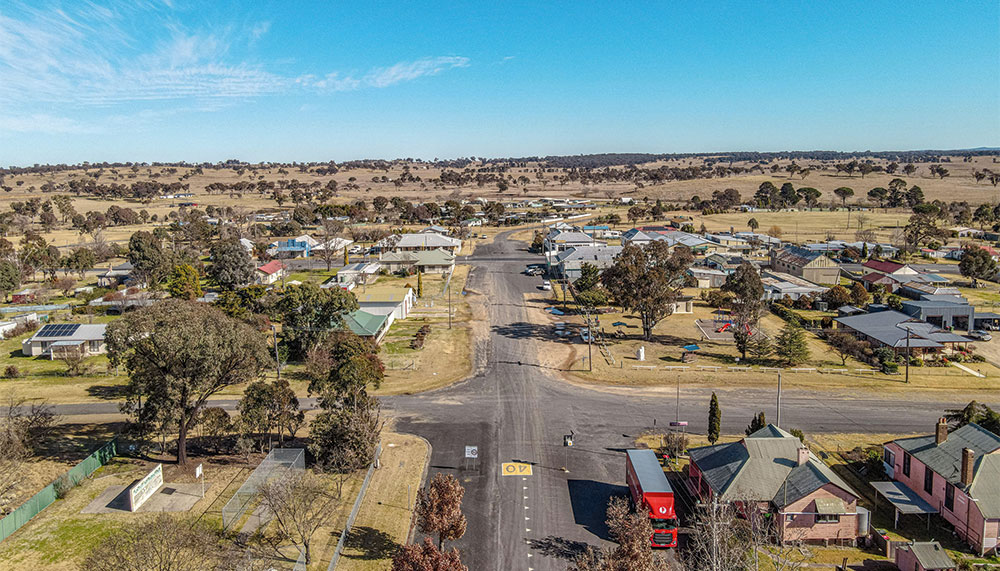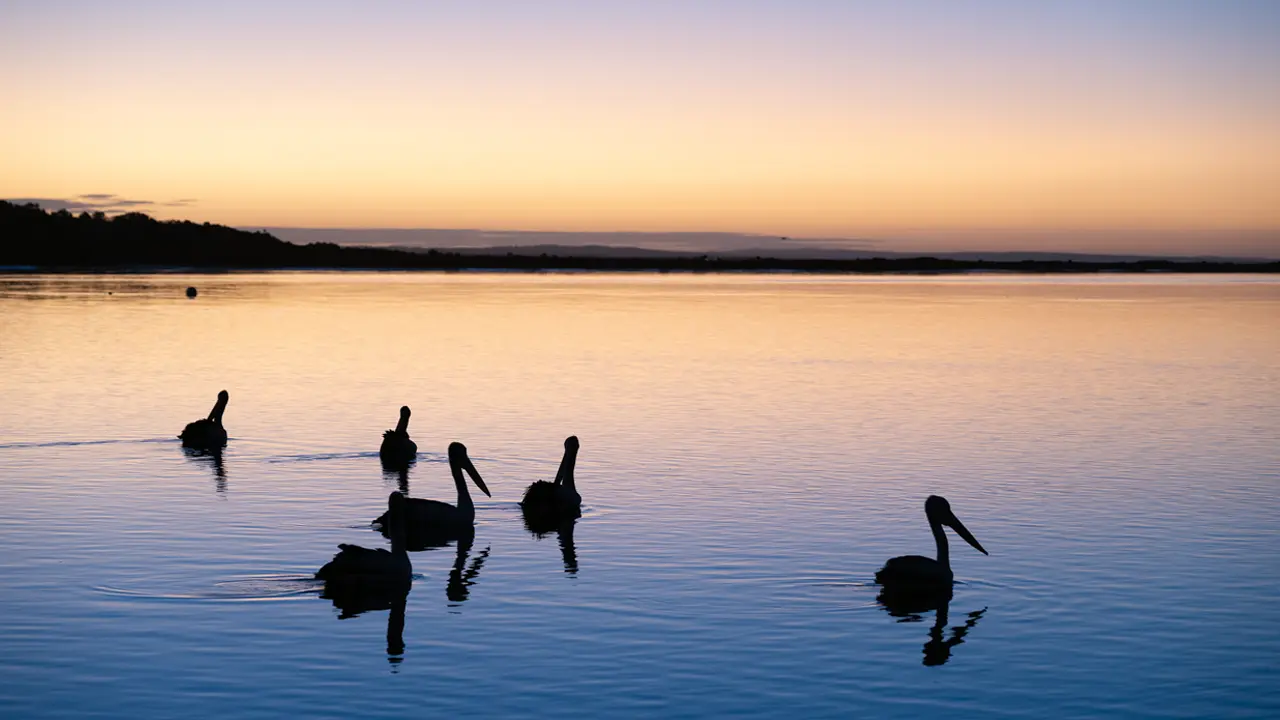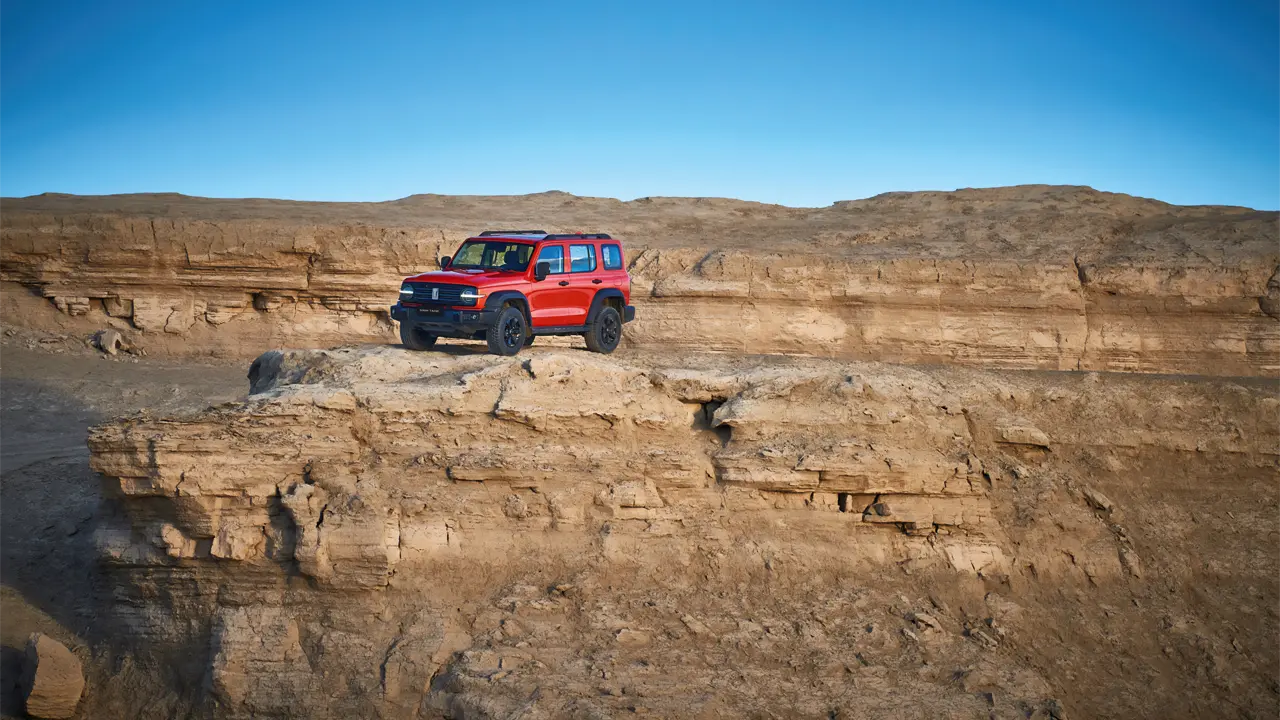Deepwater is welcoming a wave of new residents with open arms – nurturing their creativity and innovation to better the community.
Story Kate Newsome Photo Alamy
"For such a small village, we’re lucky to have so much going on,” says Chris Estreich. He leans against the shop counter of Echo’s Antiques, which he’s owned for the past decade since moving from the Far North Coast. His dog Ziggy (“as in Stardust”) has settled in a patch of sunlight in the doorway – a habit learned to shake the cool chill of the Northern Tablelands. It’s a homely sight for the incoming customers, most often travellers off the New England Highway.
While the village may seem like a sleepy blink-and-you’ll-miss-it highway stop, Chris says that “Deepwater’s got a little bit of everything”.
Its population currently numbers less than 500, but there has been a recent influx of people looking for a tree change, particularly during and after the COVID-19 pandemic. “We’ve got new people in the bakery, the roadhouse, the top pub and the cafe across the road,” Chris says. The new residents have a “go-ahead attitude”, a mindset that already runs deep in this town of business owners, artists and innovators.
Located some 70km south of the Queensland border, the town was established on Ngarabal country. The Deepwater name stems from the area’s largest pastoral property, which was taken up in 1839 in a history scarred by violence towards the Ngarabal people.
Many of the buildings that were constructed as the town grew over the late 1800s and early 1900s still stand: the railway station that was once the largest freight centre north of Newcastle; Deepwater Public School; the art deco-style Eclipse Theatre; the bank-turned-bed and breakfast; and the School of Arts Hall. Hosting a range of events throughout the year, the Arts Hall stands as testament to how Deepwater has become a creative hub in the district.
This story excerpt is from Issue #149
Outback Magazine: June/July 2023









